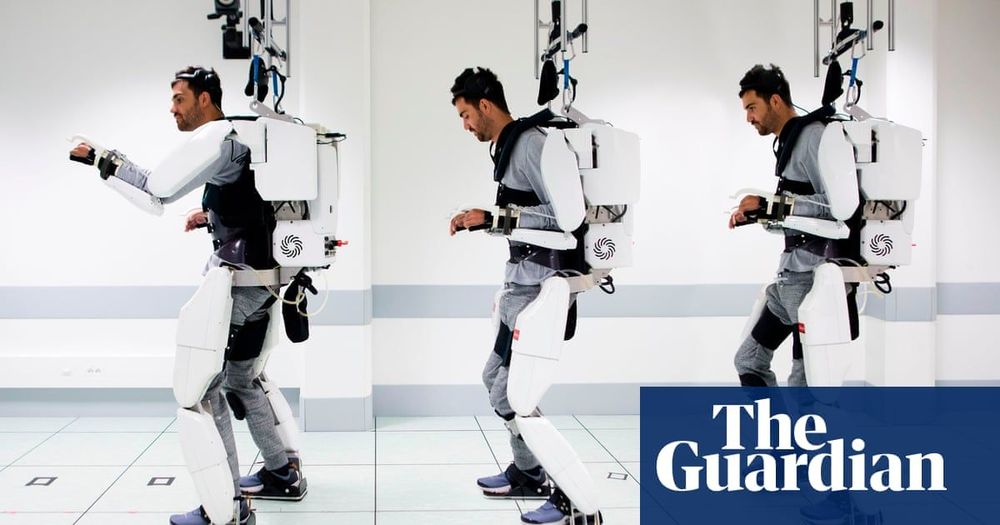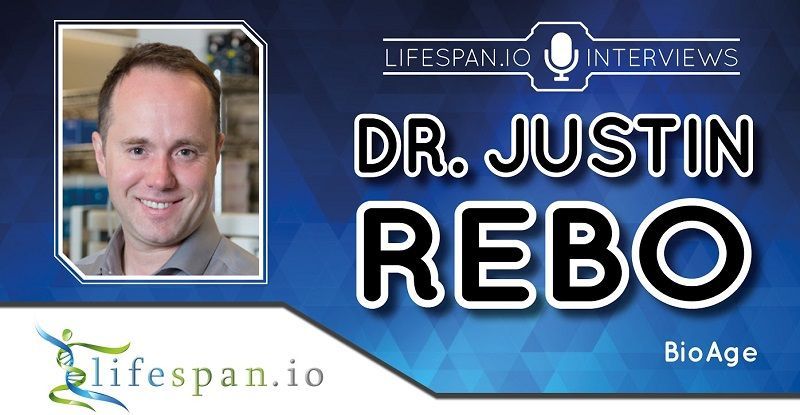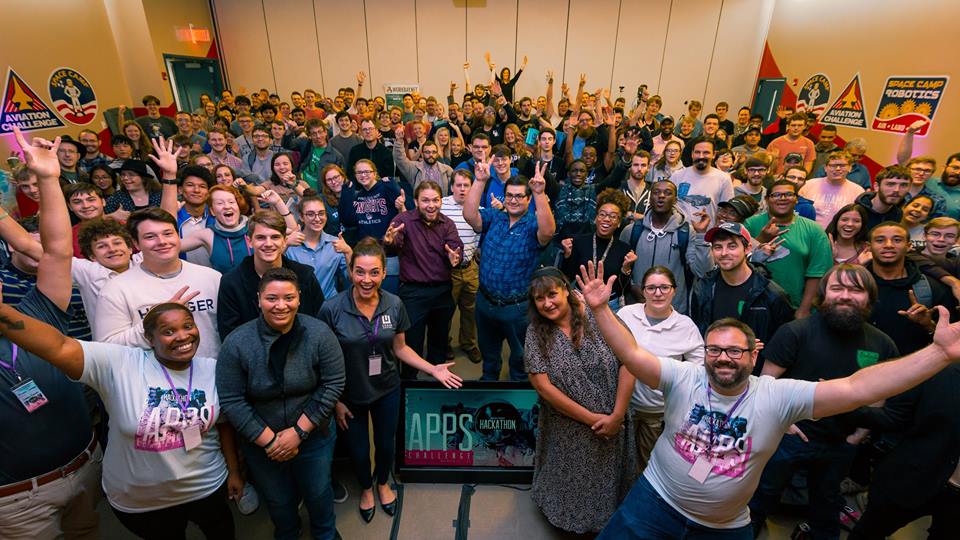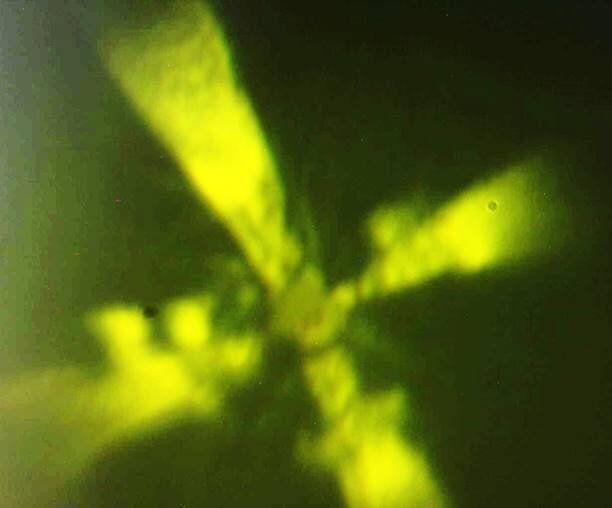According to condensed matter physics predictions, at a high enough pressure, hydrogen should dissociate and transform into an atomic metal. However, the exact pressure range at which this occurs has not yet been ascertained, and the process through which hydrogen becomes a metal is still somewhat unclear.
In a recent study, researchers at the Max Planck Institute of Chemistry demonstrated that at a pressure of 350–360 GPa and at temperatures below 200K, molecular hydrogen starts to conduct and becomes semimetallic. Their paper, published in Nature Physics, provides interesting new insight about the transition of hydrogen at high pressures, unveiling some of the properties it acquires.
“Typically, metallic hydrogen is considered to be atomic hydrogen—a crystal built from protons after dissociation of the molecules,” Mikhail Eremets, one of the researchers who carried out the study, told Phys.org. “However, hydrogen can also transform into a metal in the molecular state—in this case, electronic bands of molecular hydrogen crystal broaden and eventually overlap so that the band gap closes, free electrons and holes appear—this is metallic state.”







